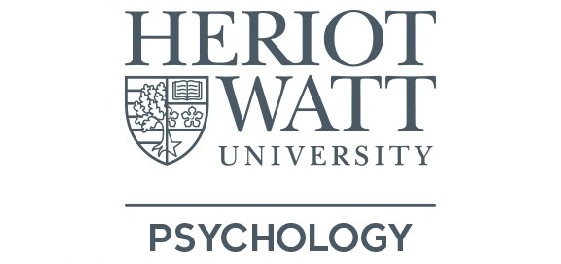
Cures in the community: Exploring the role of community identity in reducing loneliness, supporting wellbeing, and coping with crisis
Mhairi Bowe (Heriot-Watt University)
In this presentation, I will draw upon the Social Identity Approach to Health or ‘Social Cure’ theoretical framework (Haslam et al., 2018) to introduce the notion of community identification and to argue that social identification with one’s community is a vital resource for health, well-being, and coping with adversity and social challenges. To support these claims, I will draw upon a range of studies conducted within the United Kingdom exploring the predictors and outcomes of community identification. First, mixed methods research will be introduced demonstrating the value of community identification for both motivating prosocial behaviour and explaining the relationships between volunteering and wellbeing outcomes. Further quantitative evidence will then be presented illustrating the role of community belonging in providing both unity and wellbeing for those engaged in mutual aid during the Coronavirus pandemic. Attention will then turn to the role of community connectedness in tackling one of the greatest health challenges in contemporary society: loneliness and isolation. A series of recent studies focussed on attempts to reduce the detrimental impact of loneliness with social prescriptions will be used to demonstrate the pivotal role of community belonging in improvements in health and wellbeing in the context of intervention. I will conclude the presentation by sharing the results of a recent large scale collaborative led project drawing together partners from local government, the community and voluntary sector, and the NHS to explore loneliness and loneliness services in Nottinghamshire communities. Findings from an interview study with local residents (N=30) and a longitudinal survey study (N= 795) will reveal the social identity processes involved in experiences of loneliness and service engagement across the community, as well as the social and psychological predictors and outcomes of loneliness over time. Implications for practice and interventions will be discussed.
In-person: Lumsden Suite (Edinburgh Business School), Heriot-Watt University, Edinburgh.

